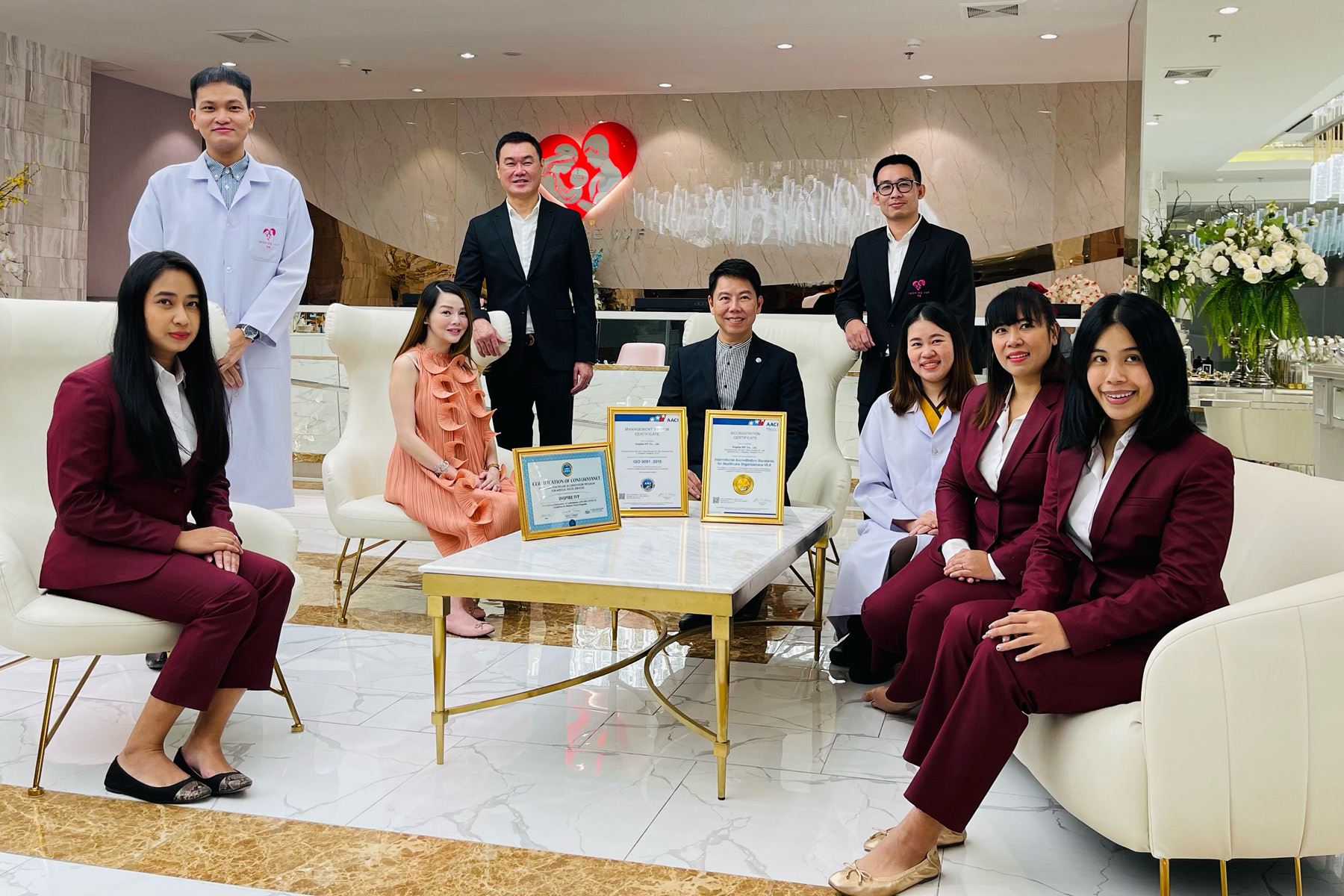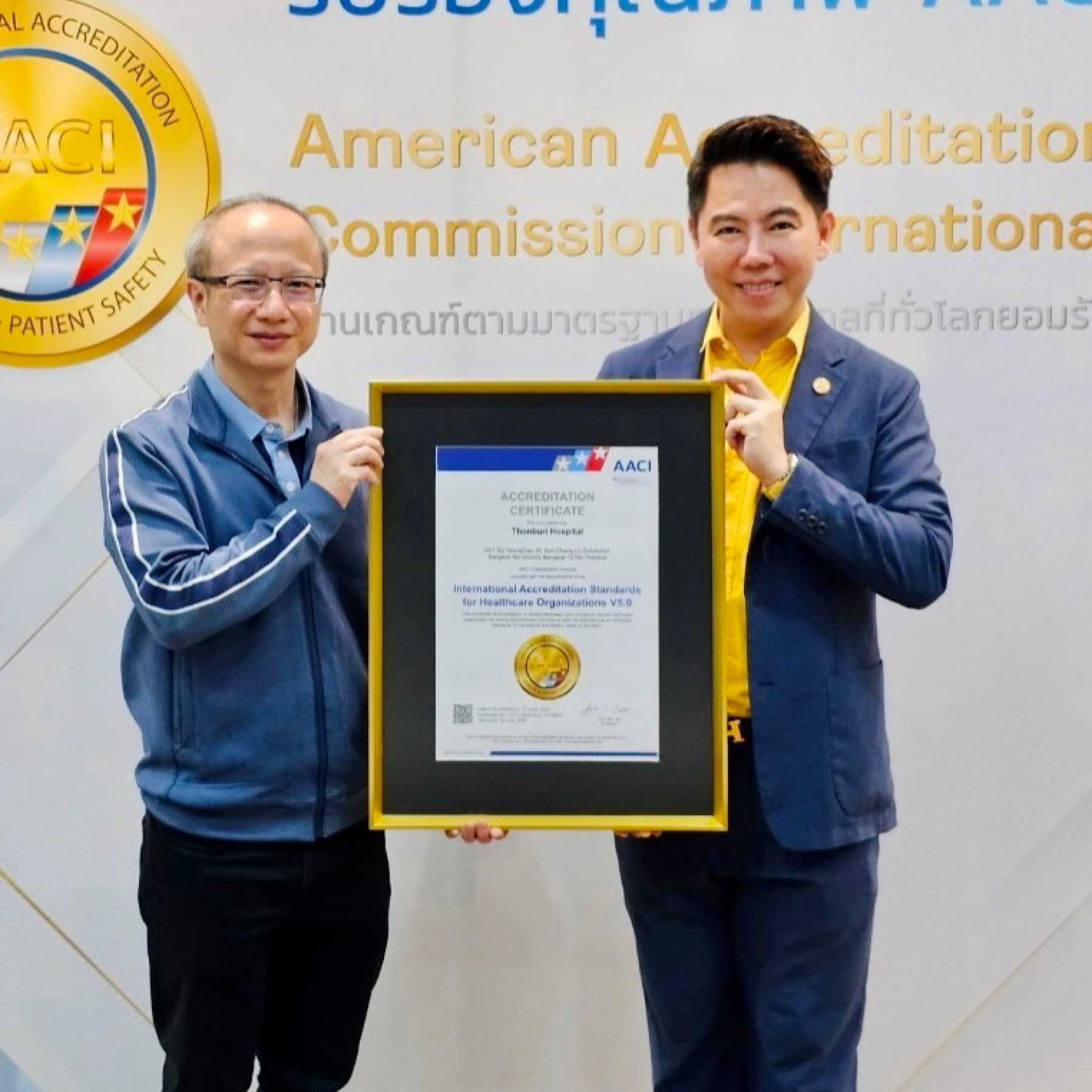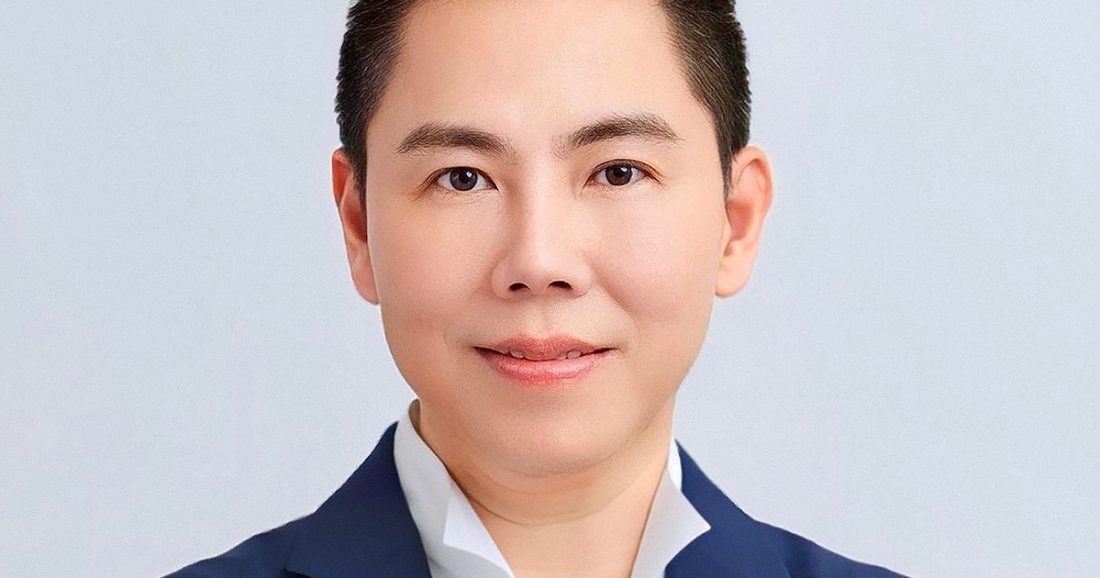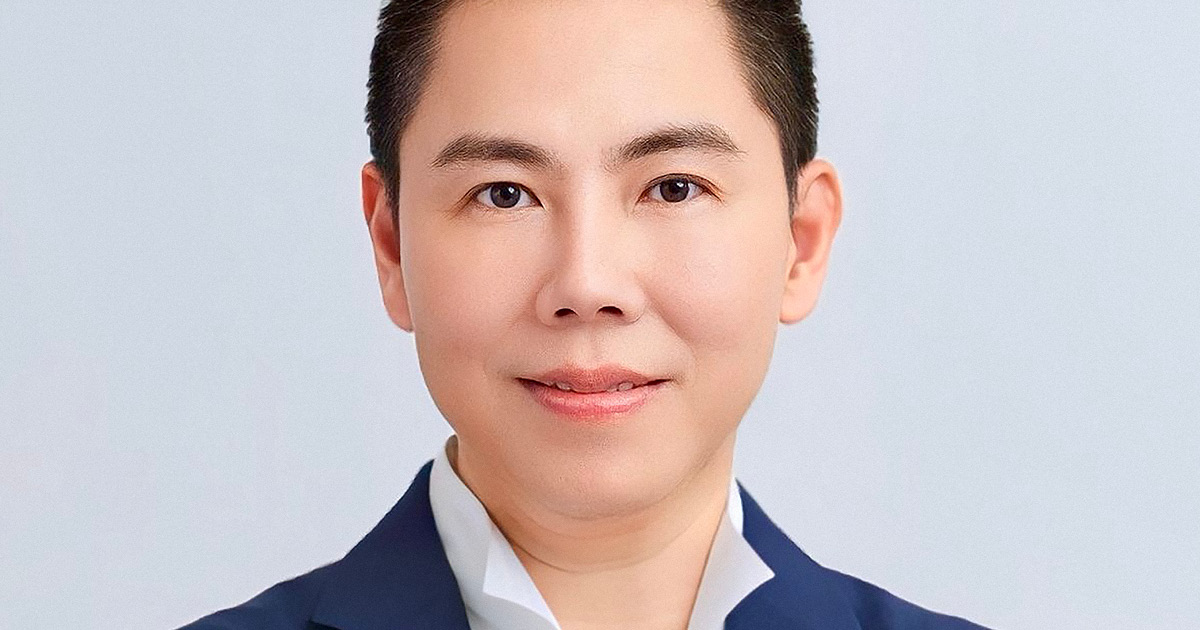If there is one characteristic perhaps shared by most people who dedicate their professional – and often personal lives – to health care, passion would be right up there.
So it is with Dr Somporn Kumphong, Senior Vice President of American Accreditation Commission International (AACI), an organization which sets the benchmark for internationally recognized quality standards in health care.
For more than two decades, Kumphong has been instrumental in driving up the quality of health care in his native Thailand, and beyond.
And if there is an abiding quality that has pushed him forward and underpinned his quest to impart his knowledge and expertise on healthcare providers, it is passion.
“It’s what drives me, my job and my responsibilities,” Kumphong tells The CEO Magazine. “As you can imagine in a developing country 20 or 30 years ago, they didn’t understand about quality standards. Treatment was provided but sometimes there might be complications or medication errors.
“So I have worked with passion to try to change this. I have worked with AACI and for Global Healthcare Accreditation at an executive management level, not for money but to try to change health care in Thailand and South-East Asia.”

“We introduce the term of globalization, but with a local context, and we respect the local wisdom.”
Kumphong was among the pioneers of the Healthcare Accreditation Institute in Thailand, a government initiative designed to drive up quality standards.
That saw him dispatched overseas to learn from western accreditation systems, the United States in particular. Prior to that, he collaborated with the United States-based Joint Commission International (JCI) during a time that saw Bangkok’s Bumrungrad International Hospital become the first in Asia to be accredited to the JCI’s international standards.
Since then, other players in the Thai healthcare sector have committed to reaching, and maintaining, high standards of care, Bangkok-based nursing home Chersery Home International among them, which holds JCI certification.
Focusing on the client
With such experience in the healthcare accreditation system comes wisdom. And Kumphong is well aware of the difficulties in adopting international standards to healthcare providers that perhaps don’t have the necessary resources, or skill set.
To that end, under Kumphong’s guidance, AACI is taking a new direction in a quest to meet the specific needs of clients
“Global standards, if you cannot customize to the local country or the local context, might be harder for the client,” he explains. “We introduce the term of globalization, but with a local context, and we respect the local wisdom.
“It can also be hard for people to change abruptly. My approach to this challenge is to inspire them with real examples, to show them quick wins.”

Advertisement
He acknowledges that finding a workforce with the requisite skill set is sometimes problematic, an issue which continues to hamper the sector. Health care, Kumphong observes, is experiencing a crisis when it comes to staffing.
“By that, I don’t only mean the number of employees, but also a crisis in terms of highly skilled, experienced professionals,” he says.
“Organizations are limited in their resources and the competency of their employees. It is one of the biggest challenges in health care.”

“AACI provides not only the accreditation, we try to connect the dots in the ecosystem.”
Beyond the accreditation landscape, Kumphong says health care more broadly is undergoing a transformation.
Driven in part by the unprecedented demand placed on people’s mental health during the COVID-19 pandemic, the sector has moved beyond simply treating illness to focusing on wellbeing. It has become a wider trend, which has added a new dimension to the healthcare ecosystem, and a new area for accreditation.
“There is a greater focus of prevention, we don’t want to be waiting for illness to occur,” Kumphong says. “AACI provides not only accreditation, we try to connect the dots in the ecosystem. The patient is at the center of it all.”




